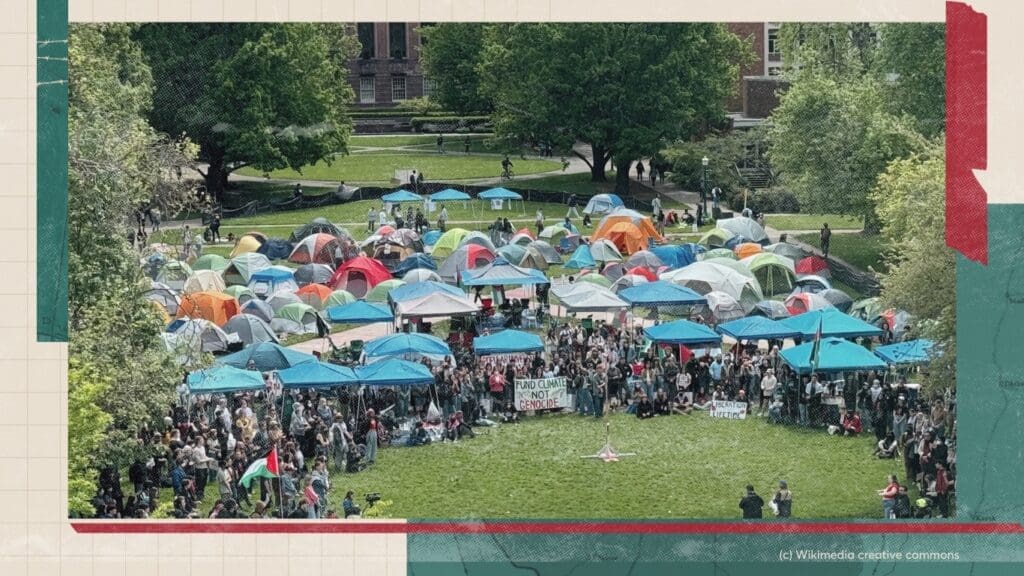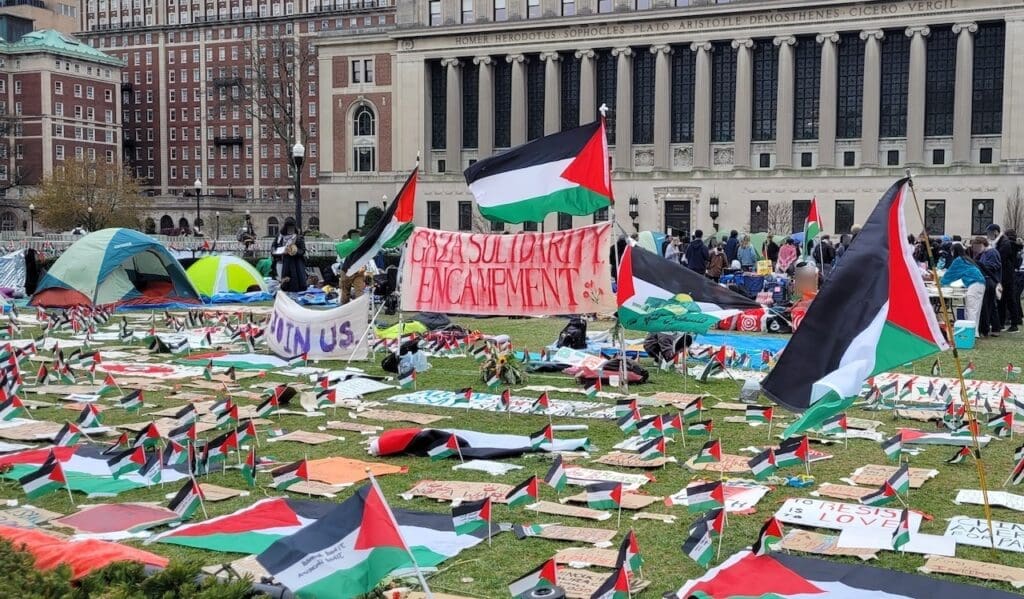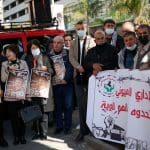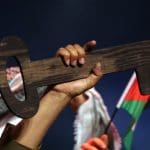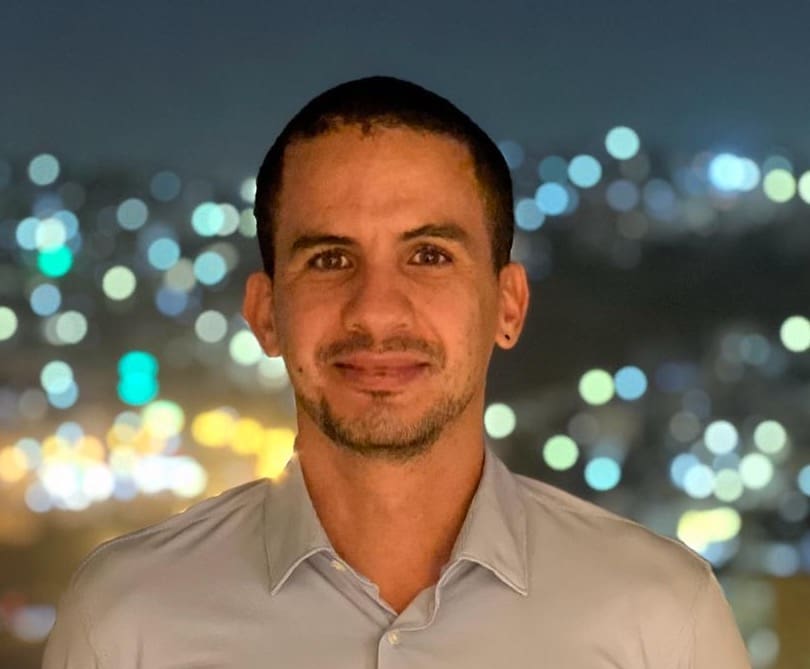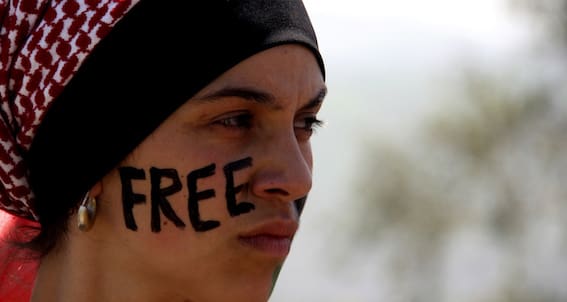
The Unity Intifada had included mass organizing and mobilization by Palestinian citizens of Israel, and many have faced severe violence and repression by the Israeli regime as a result.
What does this mobilization reveal about Palestinians in the heartland and the illusion of “citizenship” in Israel? How are social and economic dynamics reflected in political organizing and mobilization within 1948 lands? In what directions does the call for Palestinian unity take us, and how can we work towards it?
This policy lab is only available in Arabic, and may be viewed here.
Nadim Bawalsa is Associate Editor with the Journal of Palestine Studies. From 2020-2023, Nadim served as Al-Shabaka’s commissioning editor. He is a historian of modern...
Al-Shabaka Policy Member Majd Kayyal was born in Haifa in 1990 to a displaced family from Barwa village. He studied philosophy and political science at...

